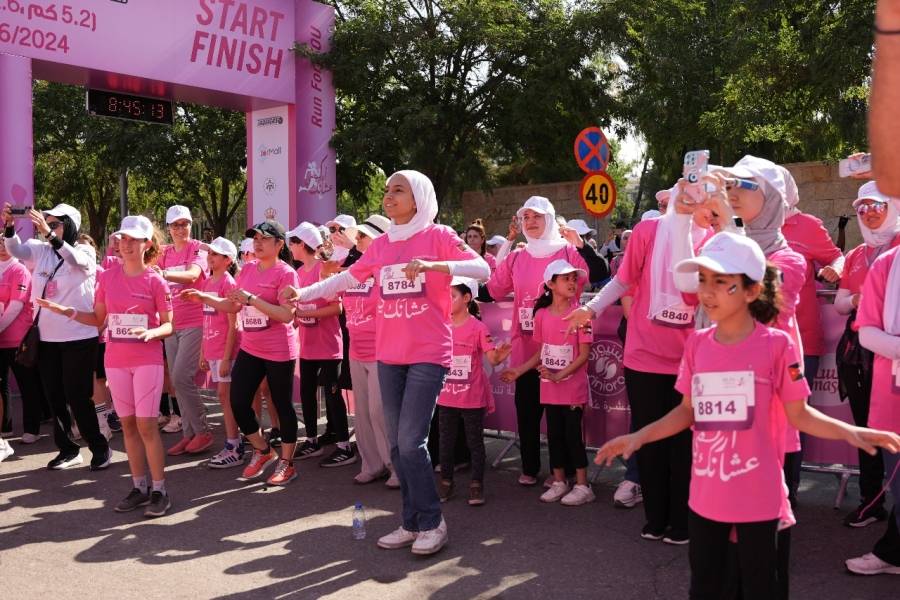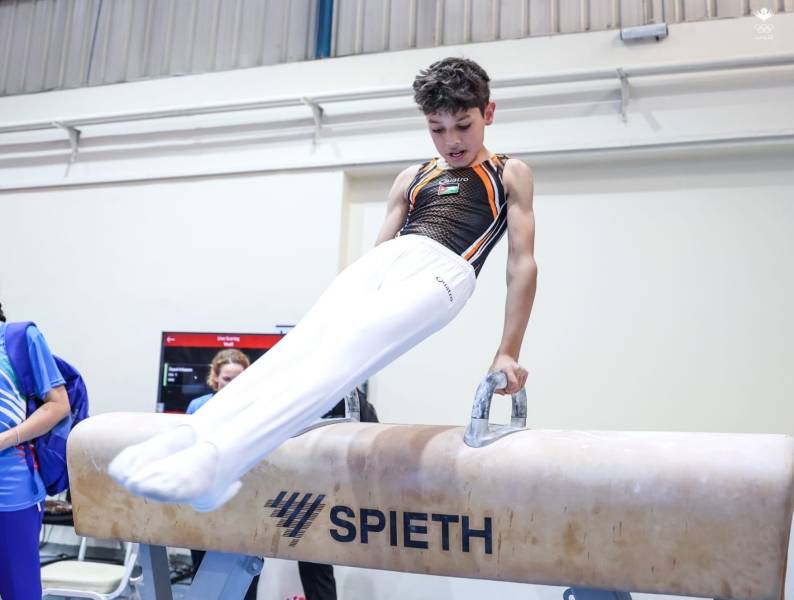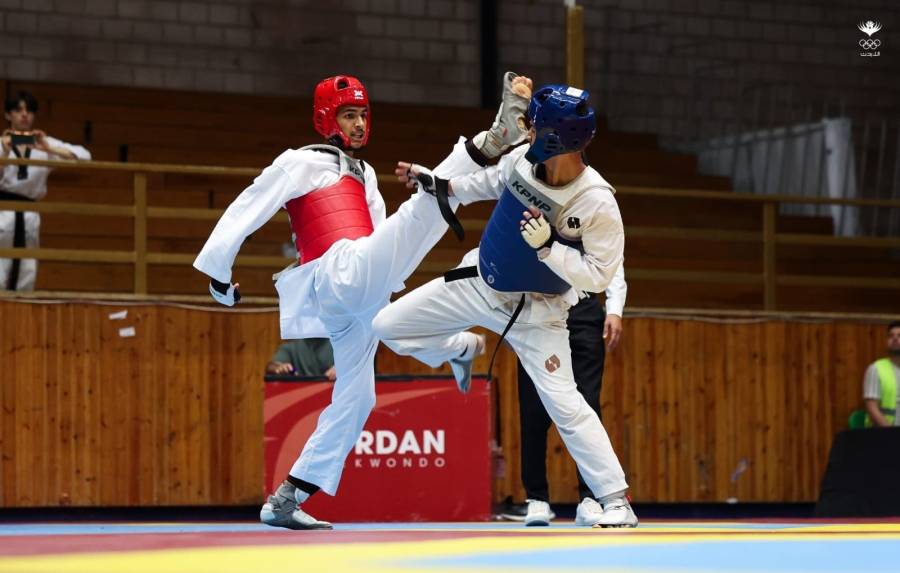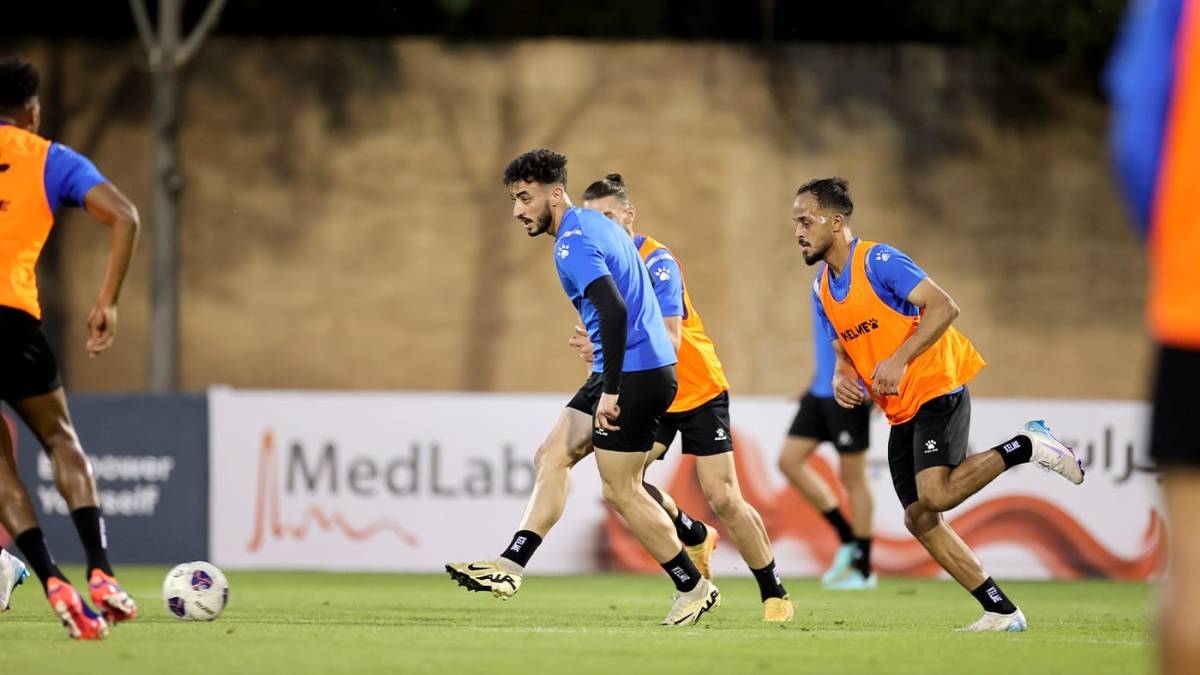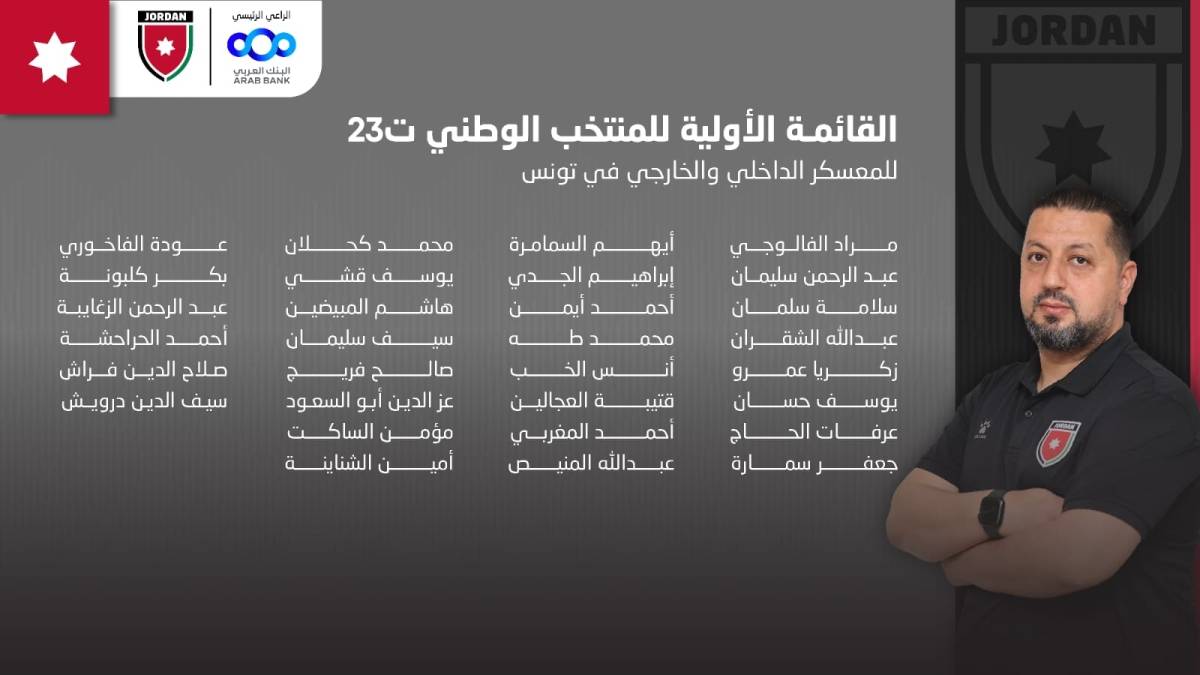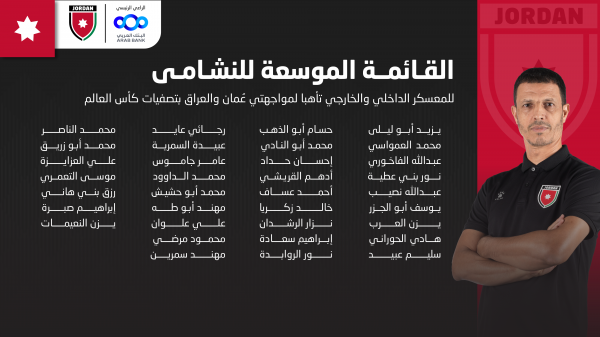Sport
Inside and outside the stadiums.. How did the Arabs develop in the World Cup until they became a difficult number?
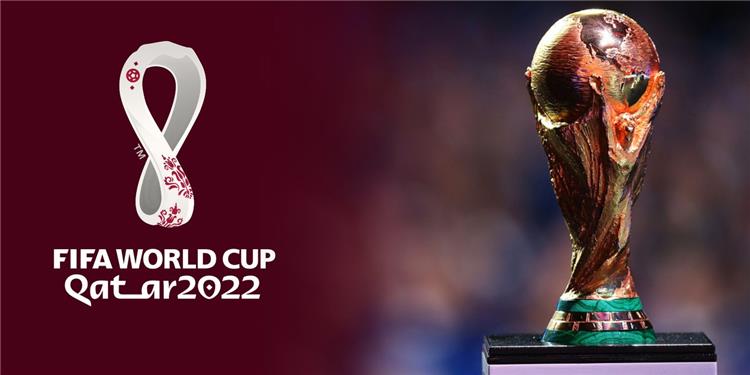
Al - Anbat - NEVEEN- AL- JARRAH
Qatar wrote its name in the annals of sports history after it won the honor of hosting the World Cup in 2010, and then fulfilled its promises this year, after it became the first country in the Middle East to host the largest sports tournament in the world. Many also hope that the region's teams will be able to achieve unprecedented achievements in the history of their participation in the World Cup during this tournament, according to a report by the British Middle East Eye website.
The number of Arab teams qualified to participate in the World Cup has increased in recent years. The number of Arab countries participating in the tournament has increased from two teams (Tunisia and Saudi Arabia) in the 2002 World Cup and 2006 Championships, then one team (Algeria) in the 2010 World Cup and 2014 Championships, to participate 4 teams in this year's tournament. Qatar automatically qualified for the tournament as the host country, and the teams of Morocco, Saudi Arabia and Tunisia through the World Cup qualifiers.
If Algeria and Egypt had been able to qualify, the share of the Arab countries participating in this tournament would have increased to a historic level, but Algeria suffered a surprise defeat by Cameroon in the final minutes, and Egypt lost on penalties to Senegal in the qualifying play-off match. The UAE also almost qualified for the second time in its history this year, after its participation in the 1990 edition.
History of the Arabs in the World Cup
Although the Arab teams have a long history of participating in the World Cup, Egypt was the first Arab country to qualify for the tournament in 1934, but only eight Arab teams were able to qualify throughout the history of the tournament, namely: Egypt, Algeria, Tunisia, Morocco, Saudi Arabia, Iraq ,Kuwait and the Emirates.
Each of the participating Arab teams played their first match so far, which means that it is possible to talk about the first features of the participation of Arab teams in this tournament.
Saudi Arabia came at the forefront of the outstanding performance of the Arab teams. On Tuesday, November 22, the Saudi national team managed to beat Argentina, who won the World Cup twice, 2-1, which is a surprising victory and an unprecedented victory for an Arab team over Argentina in the World Cup. Argentina ranks third in FIFA's ranking of the best men's soccer teams in the world, and is one of the main favorites to win this year's tournament. As for Saudi Arabia, it ranks 51st, which clearly indicates the widening level difference between the two teams.
The Moroccan national team against Croatia, and Tunisia against Denmark, managed to achieve a draw with a trustworthy performance and optimism for the upcoming matches. As for the only disappointment for the Arab teams, it came to Qatar in the opening match of the tournament. The match saw Ecuador win 2-0 over the host country.
Experience matters
Although the tournament is still in its infancy and few games have been played, these results hint at some things. The first: the importance of experience in the tournament. Morocco, Saudi Arabia and Tunisia participated in six World Cup tournaments, and the Saudi national team is the first Arab team to qualify for the World Cup four times in a row, after qualifying in the 1994, 1998, 2002 and 2006 tournaments.
On the other hand, this is the first participation of the Qatari national team in the World Cup, and the players may have been affected by the weight of expectations placed on the host country's team in the first match. However, the fact that this team won the Asian Cup for the first time in 2019 may give some hope that they can improve during the tournament and make their mark in it.
The second thing is that Arab teams improve their level of participation in the tournament after each qualification in the World Cup. Data over the past two decades indicate an increase in the points won by Arab teams in the group stage: from one point in the 2002 tournament and the 2010 tournament to two points in the 2010 tournament. 2006, then 4 points in the 2014 tournament, and 7 points in the 2018 tournament. The Arab teams have managed to win five points so far in the current tournament, and each team still has two matches in the group stage, which means that the Arab teams achieved an unprecedented historical achievement in this tournament is at hand.
Go above and beyond
According to the British website, however, the Arab teams hope to go beyond the stage of winning some points in the group stage to a greater achievement in the knockout rounds, and perhaps go beyond the round of 16, to which Algeria qualified in the 2014 tournament, and Saudi Arabia in the 1994 tournament. And Morocco in the 1986 tournament, but this role was the last step for all of these teams.
It is possible to attribute this gradual improvement in the competition of Arab teams in the championship to two different approaches: the first approach is the approach that North African teams tend to adopt, and it is based on absorbing players with dual nationalities and players from diaspora communities all over Europe, a trend linked to the effects of the pre-colonialism of these countries. countries and their migration patterns.
As for the other approach, it is an approach based on a large long-term investment in local football systems, which is the approach favored by the Gulf countries. It follows from this approach that the richer the state, the greater its ability to invest resources and capital in the success of its sports institutions.
Arab countries are not specific to either of these two approaches, nor success in them. Suffice it to mention, for example, that 16% of the players of the teams participating in the World Cup in Qatar play for teams different from the countries in which they were born, and their total number is 137 players. Morocco tops the list with 14 players born abroad out of the national team's list of 26 players, while Tunisia's national team includes 11 players born abroad.
sustainable investment
Middle East Eye spoke to a Moroccan soccer expert to describe the Moroccan Football Federation's success in targeting these players and urging them to represent the national team rather than the countries of their birth.
The Moroccan expert indicated that most of these players are trained to play football in the best academies in Europe, and progress from an early age to play in leagues and levels that are among the most competitive.
The Moroccan expert cites, for example, the player Mounir Al - Haddadi, the striker of the Moroccan national team. He was born in Spain and graduated in the youth ranks of Atletico Madrid, then moved to play in Barcelona. He represented Spain at first, but then moved to represent Morocco since 2021.
The same applies to a group of the most prominent players of the Moroccan national team, such as Ashraf Hakimi, who was born in Spain, and Hakim Ziyech, who was born in the Netherlands. North African countries have gradually discovered these talents, and have become more able to integrate them into a cohesive team that can compete with the best teams in the world.
As for the other approach, it is based on intensive and sustainable investment, and it has yielded positive results in both Saudi Arabia and Qatar. The Saudi Professional League, the main football tournament in Saudi Arabia, did not reach the full professional ranking until 2007, but in less than 10 years it managed to reach the 27th rank among the strongest national leagues in the world, ahead of older and more established leagues, such as the League Chilean, Danish and Egyptian. Saudi Arabia would not have achieved this without the investment it made in both human capital, from coaches and players from abroad, to improve the general quality of its championships. In infrastructure, from training facilities and stadiums.
As for Qatar, it established the Aspire Academy in 2004 to implement the vision formulated by the country to develop sports, attracting and nurturing talent from the age of five. The cost of the academy is estimated at $ 1.3 billion, and Brazilian football legend Pele participated in its inauguration, and other stars, such as Zinedine Zidane, praised it. Of the 26-man Qatar national team for the 2022 World Cup, 18 players are graduates of Aspire Academy, including 10 players who participated in the team's victory in the 2019 Asian Cup.
However, there is still an opportunity for further improvement, especially since the participation of Arab countries in the World Cup has been limited to only 8 countries so far, which means that success is limited to a small group of all Arab countries. The Arab Cup was a good step towards improving the quality of the Arab teams and their competitiveness, and hopes are pinned on the arrival of more Arab teams to the world championship.
There is no doubt that the upcoming matches of the Arab teams in the 2022 World Cup will be a source of inspiration and influence on many future generations of Arab football players.
© All rights are reserved to Alanbatnews






